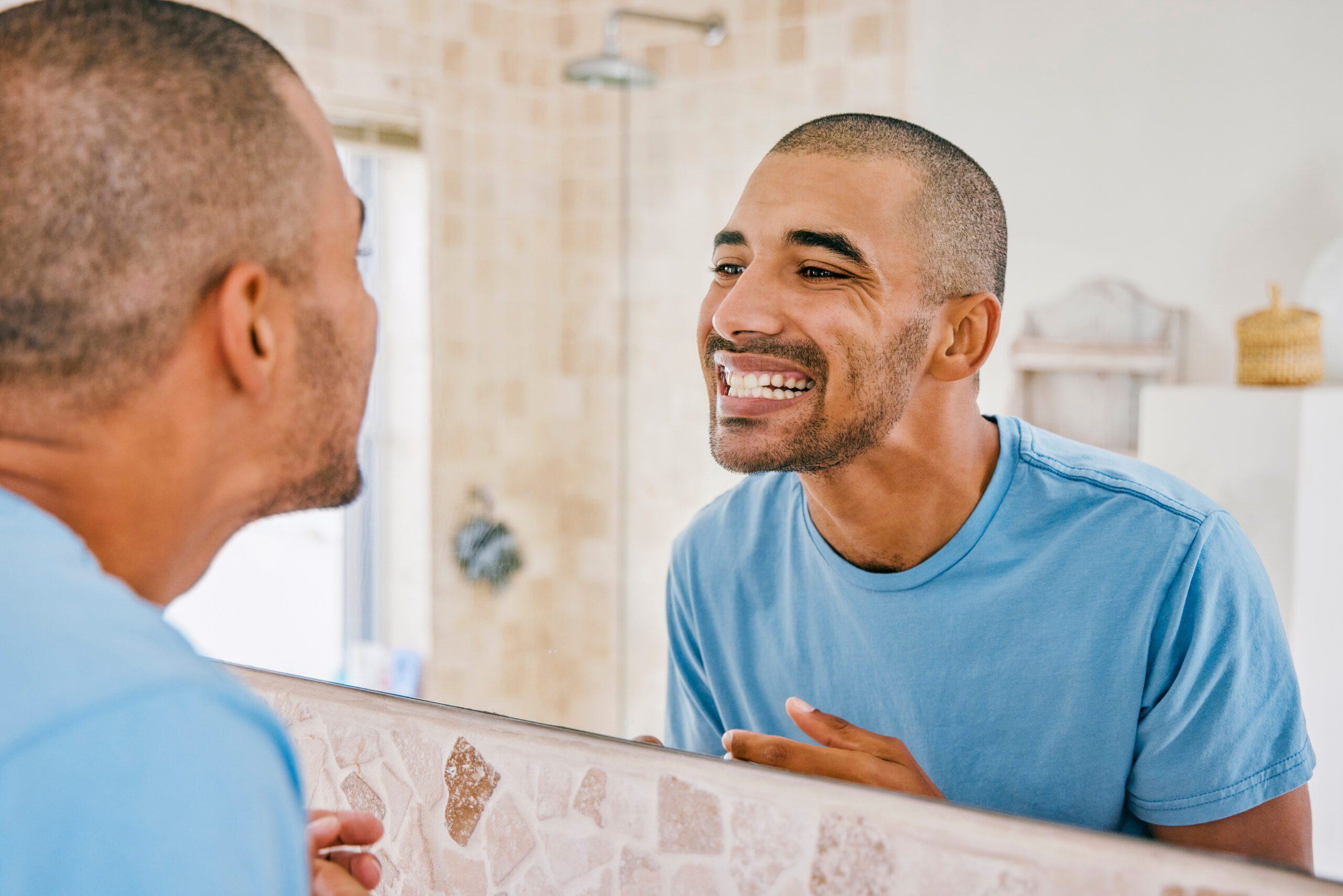As Australia’s local Dentist, Pacific Smiles Dental has over 110 centres to allow convenient access to the dental services you need.
 Published on September 21, 2022.
Last reviewed on September 21, 2022
by Pacific Smiles Dental.
Published on September 21, 2022.
Last reviewed on September 21, 2022
by Pacific Smiles Dental.
It’s the daily routine that’s been drummed into us since childhood and yet busy life can turn our fastidious teeth-cleaning habits into something rather more lacklustre. No more. It’s time to pick up your toothpaste, break out the floss and give your teeth the chance to shine like they deserve. Read on, for the best reasons to brush up on your dental hygiene.
Brush
As the saying goes, “You don’t have to brush all your teeth, just the ones you want to keep.” Brushing twice a day is the most basic rule of dental hygiene. It removes plaque (the sticky layer housing bacteria on your teeth, that can lead to tartar and cavities). It dislodges food. It gives your gums a health-inducing massage, and let’s not forget the unmatchable feeling of running your tongue across shiny, smooth teeth, knowing your breath is minty fresh.
According to the Australian Dental Association, the most effective way of brushing your teeth is to start at the back molar, with your brush at a 45° angle towards the gums (think gentle circles, not up-and-down or side-to-side scrubbing which can recede gums and damage tooth enamel). If you’re ready to stop, spit and rinse after just 30 seconds, think again – you need to keep at it for at least two minutes. Hot tip? Gently brush your tongue to further reduce the bacteria lurking in your mouth and freshen your breath.
Surprisingly, there’s more to teeth-brushing than just looking after your pearly whites. Brushing your teeth can have a significant effect on your overall health too. Just one example? A 2010 study[1] published in the British Medical Journal found that “individuals who have poor oral hygiene have an increased risk of heart disease compared to those who brush their teeth twice a day.” Best hotfoot it to the toothpaste, then, and give your bristly friend a workout.
Floss
For the occasional flossers, half-hearted flossers and never-enough time-flossers, it may be time to lift your game. Daily flossing helps to dislodge trapped food particles from in-between your teeth. It can be surprising, after brushing, just how much bacteria-attracting food particles remain. This is because brushing only cleans around half the surface of your teeth, but not in-between. The recommendation is to floss once a day, so if you find you’re too tired at night, try and work it into your morning or after lunch routine. If having a mouthful of your own fingers doesn’t appeal, floss piks, interdental brushes and electronic water or air flossers also do the trick.
Rinse
To rinse or not to rinse? On the one hand, it helps you to flush everything you’ve just brushed off your teeth out of your mouth. On the other, spitting out your toothpaste without rinsing, is recommended by the Australian Dental Association, as it further strengthens your teeth with residual fluoride. The resolution? Try rinsing, but with a mouthwash. One study found that mouthwash-swilling helps to banish even more bacteria from your mouth, while further reducing plaque, gingivitis and bad breath, which can only ever be a good thing. [2]
And another thing…
To really stay on top of your dental health, book in with your dentist twice a year, to make sure your teeth are on the right track. Dentists, with their expertise and professional equipment, can often spot issues well in advance, and where your precious teeth are concerned, prevention is definitely better than cure.
Find your nearest centre and make an appointment today. With numerous locations offering a comprehensive range of services, you’ll find the exceptional care and expertise you deserve.
[1] https://www.sciencedaily.com/releases/2010/05/100527204227.htm
[2] https://www.ncbi.nlm.nih.gov/pubmed/1094528



